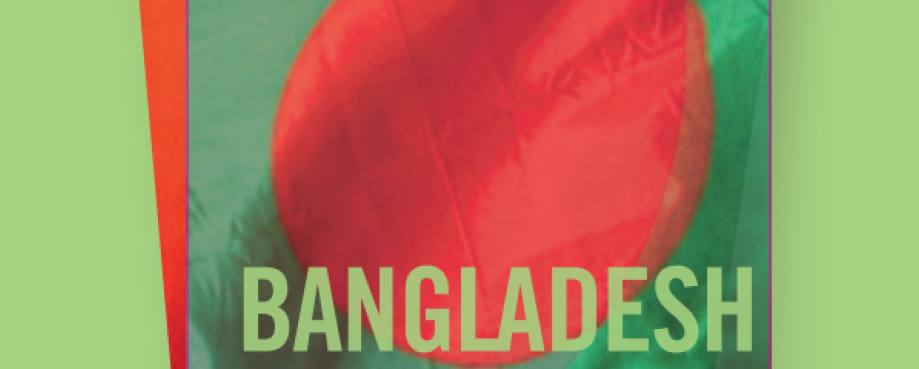
Here at ETI, 2013 has been particularly notable for the intense attention from the global community and media on working conditions and labour rights of garment workers in Bangladesh.
Following the Rana Plaza factory collapse, we saw both the National Tripartite Plan of Action on Fire Safety and Structural Integrity signed and the landmark Bangladesh Accord established. Meanwhile, the ILO and IFC teamed up to launch a new Better Work programme, promising factory-level services in 500 factories, with a focus on improving worker-management dialogue. Unrest among workers over conditions and wages continued – would the hike in minimum wage be enough to keep pace with rising inflation?
With Bangladesh garment manufacture remaining firmly in the spotlight, we welcome ILO’s recently released report presenting a path toward the sustainable growth of this sector. The research report reinforces the urgency to drive collective, coordinated action down a path promoting comprehensive labour market and social policy reform that generates both economic growth and improved living standards for workers.
It is imperative we keep this long view in mind as we act now in our efforts to address immediate concerns. ETI’s members are currently very active in Bangladesh, engaging with credible multi-stakeholder initiatives such as the Bangladesh Accord, to tackle the endemic issues facing the RMG industry. Along with the ILO, ETI supports an overarching and transformative approach of engagement that views the promotion of decent working conditions, including better wages, for a predominantly young and female workforce as central to building both a thriving industry and a thriving population. By investing in employment prospects and conditions, the Bangladesh RMG sector’s role is instrumental in upgrading the social and economic well-being of women workers and their families.
